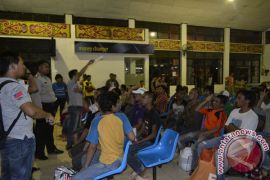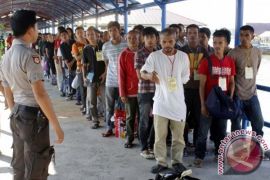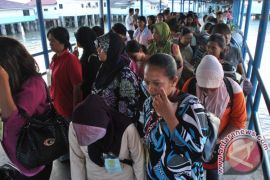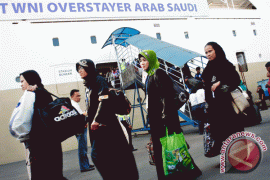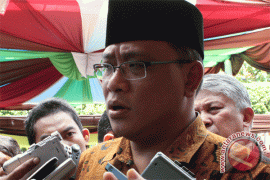Sofyan , chairman of the the Association of Indonesian Businessmen (APINDO), said here Friday the government should also bring home all Indonesian workers in Saudi Arabia.
The sending of workers to Saudi Arabia had brought more suffering than welfare, he said at the dedication of the Karya Kencana family planning clinic at PT Dewa Sutratex in Cimahi, West Java.
"Therefore, I wish we will no longer send female migrant workers there. We should send only male workers. I an horrified by these reports of torture of Indonesians by the Arabs. Their culture is different from ours. Their legal system also cannot be intervened," he said.
He said many Arab employers had committed torture of Indensian migrant workers because they thought the workers were slaves and therefore could be treated as such.
Sofyan said after repetriating all Indonesian workers from Saudi Arabia, the government should focus on how to provide jobs for them. He said the problem so far had been that the government had not played a significant role in this regard.
"To create jobs , we need investment in the country. Investment has not come so far because the discussion of the law on land acquisition at the House of Representatives has not yet been finished. As a result, investors hesitate to come for fear of losing due to the uncertainty," he said.
Sofyan said the budget for improving the welfare of the people was also still very small because most of the national budget went into financing routine activities. The rest or only aruond eight percent was used to improve the people`s welfare, he said.
He said the President must also have the courage to correct the bureaucracy that was not working as it should.
"To settle the migrant workers issue the ministries concerned must also have the courage to put workers supplier companies in order. Most of them were so far only seeking profit by alluring the targets with large salary while the fact is it is them who profit because from every worker they send they get Rp8 million," he said.
Sofyan said if the government still insists on sending workers abroad it must choose countries that already have committed to the protection of migrant workers.
(Uu.H-YH/B/HAJM/F001)
Editor: Priyambodo RH
Copyright © ANTARA 2011

